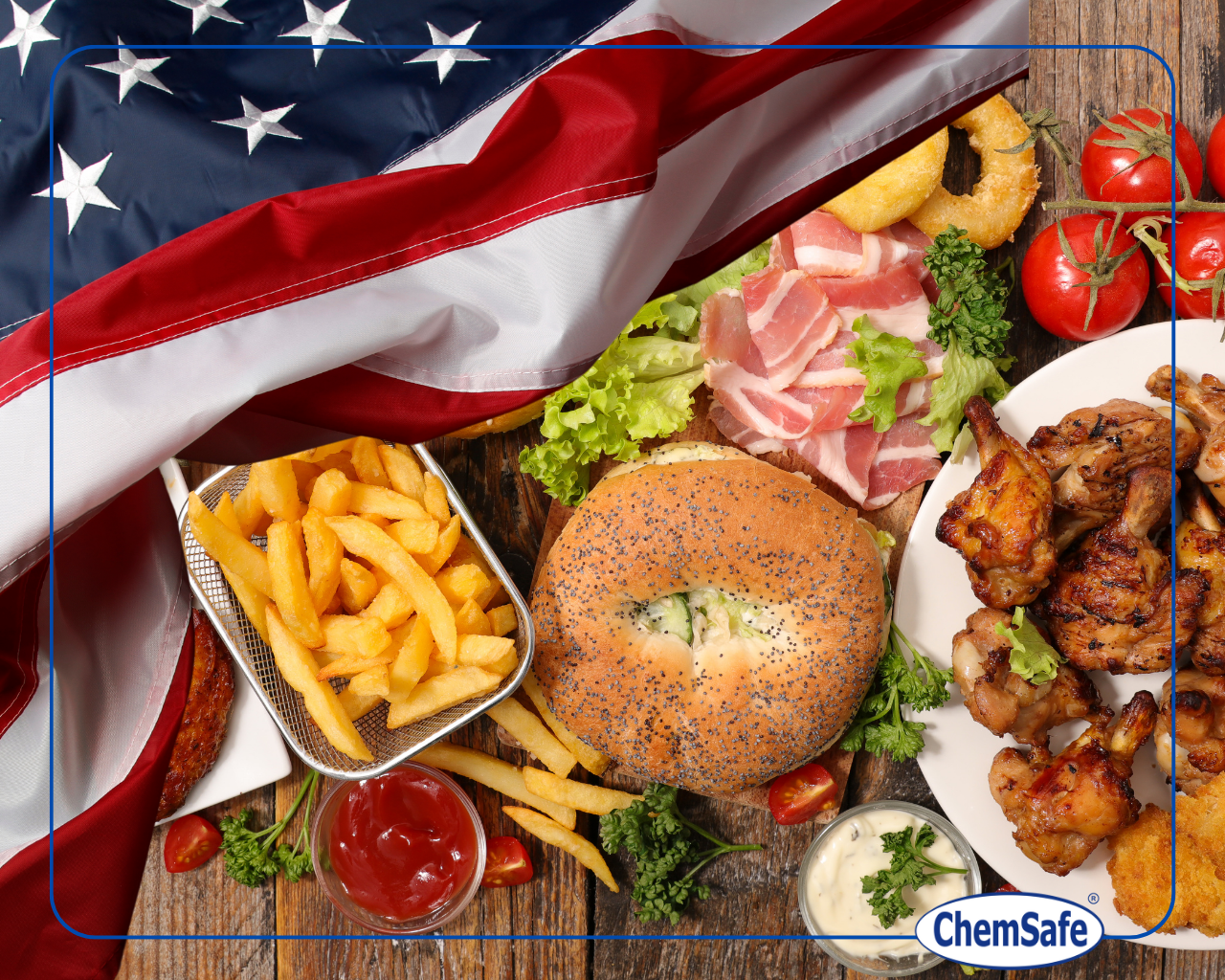In the world of food safety and regulation, the process of introducing new ingredients into the market varies significantly between the United States and the European Union. While the European Union meticulously reviews Novel Food applications through the European Commission and seeks scientific approval from the European Food Safety Authority (EFSA), the United States takes a different approach by employing the Generally Recognized as Safe (GRAS) status. This designation, utilized by the United States Food and Drug Administration (FDA), marks substances as safe for inclusion in food and food packaging, thereby allowing them to be marketed without the need for pre-market approval.
The Essence of GRAS: A Gateway to Food Safety
GRAS status represents a critical component in the U.S. food safety framework, simplifying the pathway for substances to enter the food supply. Unlike the rigorous pre-market approvals required in many jurisdictions, a substance granted the GRAS designation can bypass this extensive process, thanks to a history of safe use or scientific consensus regarding its safety. This mechanism facilitates innovation and efficiency within the food industry while maintaining a steadfast commitment to consumer protection.
The Dual Facets of GRAS Status: Notice Versus Self-Affirmed
The GRAS designation unfolds into two distinct categories: GRAS notice and self-affirmed GRAS, each with its own processes and implications for food safety.
GRAS Notice: A Formal Notification Path
The GRAS notice represents a structured application to the FDA, wherein manufacturers or sponsors submit scientific evidence supporting the safety of their food ingredients. This dossier is meticulously reviewed by FDA experts, who assess whether the ingredient fulfills the GRAS criteria. A successful review culminates in an official “no further questions” letter from the FDA, released also on the official FDA webpage (https://www.fda.gov/food/gras-notice-inventory/recently-published-gras-notices-and-fda-letters). However, not all notifications clear this hurdle on the first attempt; some may require additional information to satisfy the FDA doubts on the GRAS conclusions.
Self-Affirmed GRAS: Independence and Responsibility
Contrasting with the formal GRAS notice, the self-affirmed GRAS process permits manufacturers or sponsors to independently declare the safety of a food ingredient without undergoing an FDA review. While this route offers more autonomy, it also places the onus on the manufacturer to ensure the ingredient’s safety, backed by a panel of experts. Unlike the formal GRAS notice, there is no mandatory FDA review of the evidence generated and conclusions reached. However, FDA retains the authority to challenge self-affirmed GRAS determinations, particularly if safety concerns arise.
Ensuring Consumer Protection: The Importance of GRAS Status
Both the GRAS notice and self-affirmed GRAS pathways underscore the FDA’s dedication to food safety and consumer protection. However, the GRAS notice offers an added layer of security, benefiting from the FDA’s direct involvement in the review process. In contrast, self-affirmed GRAS depends significantly on the sponsor’s diligence and the expertise of external panels. This distinction highlights the critical role of thorough safety assessments in maintaining public trust and confidence in the food supply.
For entities dealing with the complexities of GRAS status, Chemsafe provides expert guidance, ensuring that independent and scientific conclusions are reached, thereby facilitating the safe and efficient introduction of new food ingredients into the market.







